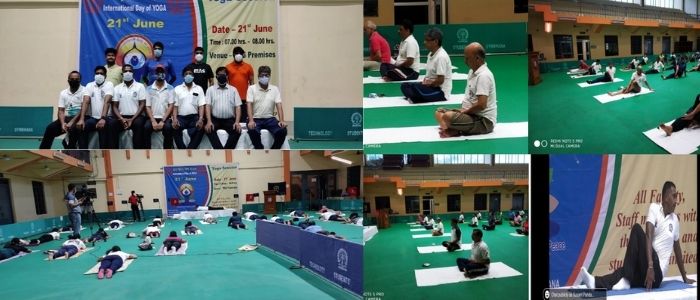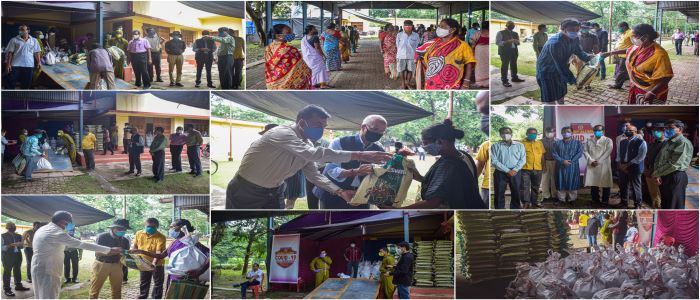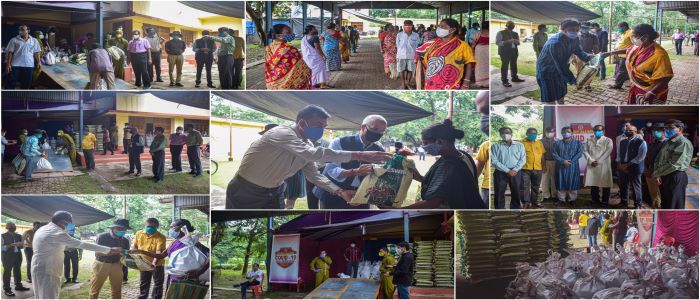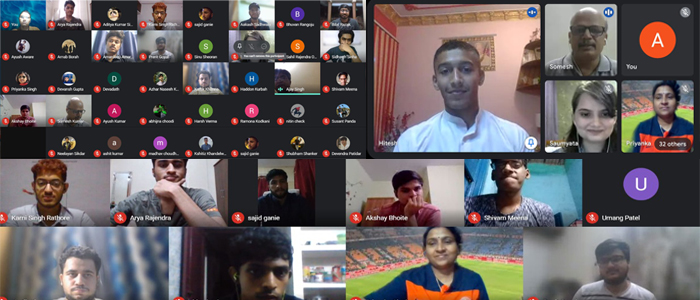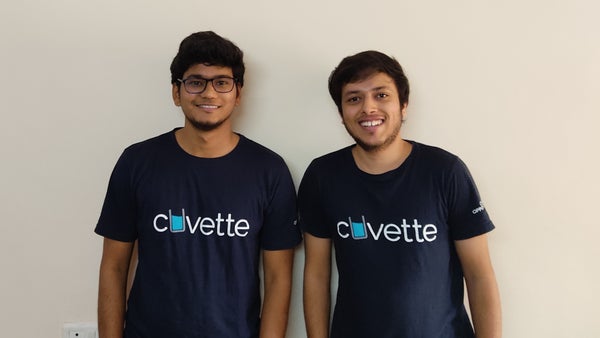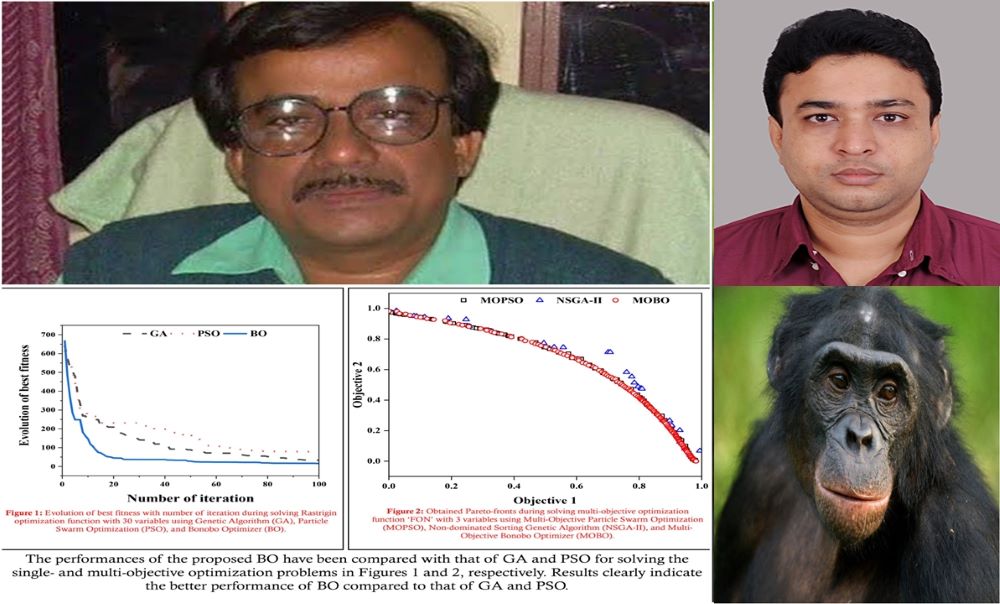
Bonobo’s several interesting facts have paved the way to the solution of the optimization problem
Prof. Dilip Kumar Pratihar along with his student Mr. Amit Kumar Das from the Department of Mechanical Engineering of IIT Kharagpur has proposed an intelligent and adaptive metaheuristic optimization algorithm, namely “BONOBO OPTIMIZER (BO)” to solve the complex optimization problems, being inspired from the social behavior and reproductive strategies of bonobos. BO uses a unique and adaptive selection scheme, namely fission-fusion technique for selecting the mating bonobo, which has made the algorithm intelligent, robust and good performer. It is an intelligent and adaptive heuristic with self-adjusting controlling parameters. It is able to maintain a good balance between exploration and exploitation…

